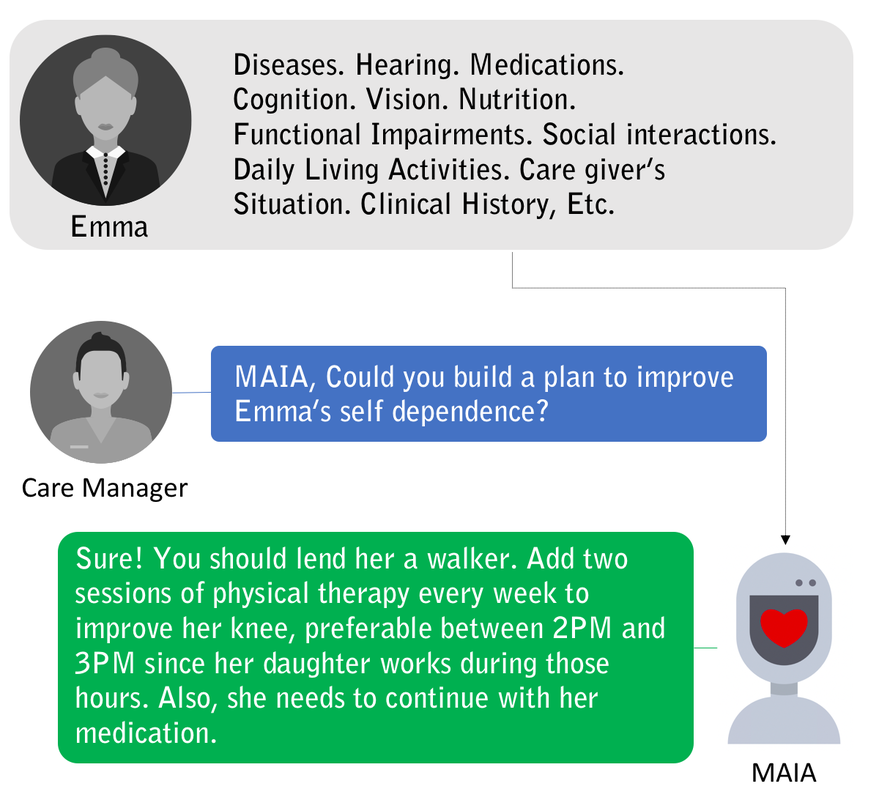Nations around the world face rising demand for costly institutional care that many seniors’ dread. In the United States, the cost of long-term care would more than double from 1.3% of US GDP in 2010 to 3% of US GDP in 2050 if the rate of functional limitations among those age 65 and older remains constant. Japan faces an even worse situation, where the rapidly aging society led to the introduction of mandatory public long-term care insurance (LTCI) in 2000. In 2015, the Japanese population over 65 years old was 33 million out of 126 million citizens. By 2025, the number is anticipated to grow to 37 million although the total population is projected to shrink to 120 million. LTCI beneficiaries are expected to increase from 6.2 million to 7 million in the same period. This rapid shift in demographics presents an adversarial problem (1) more seniors requiring care (2) fewer caregivers to supply the demand. In Japan, nursing care workplaces are chronically short of human resources. The job offering ratio of nursing care service positions 3.14 is much higher than the nation average 1.22 (Ministry of Health, Labor and Welfare, JP). Nowadays, a care manager assigns the health care plan each patient receives. In Japan, it is common for a care manager to be responsible of ~40 elderly seniors. Care managers spend 40% of their working hours in the creation of care plans. Each senior has a unique health history and hundreds of possible concurrent health conditions. It is intractable for professionals to keep up with an increasing number of care receivers and to understand the causal effects of their crafted plans.
Building better, data-driven care plans will keep seniors healthier while cutting the increasing cost of care of this vulnerable population. Meanwhile, it will reduce the time spent in the care plan creation by a half. This will significantly alleviate the serious human labor shortage faced by the nation. MAIA
Building better, data-driven care plans will keep seniors healthier while cutting the increasing cost of care of this vulnerable population. Meanwhile, it will reduce the time spent in the care plan creation by a half. This will significantly alleviate the serious human labor shortage faced by the nation. MAIA








